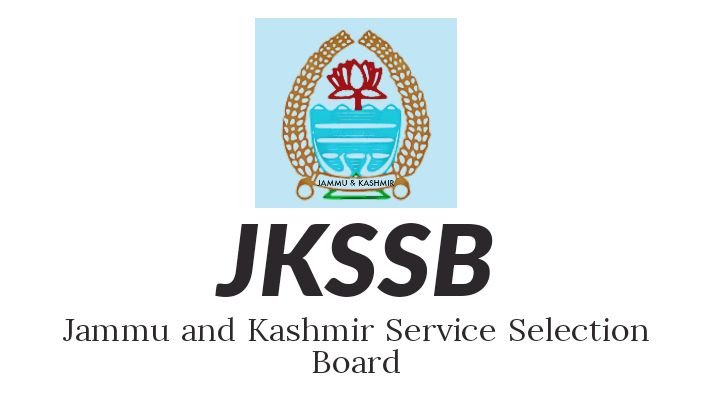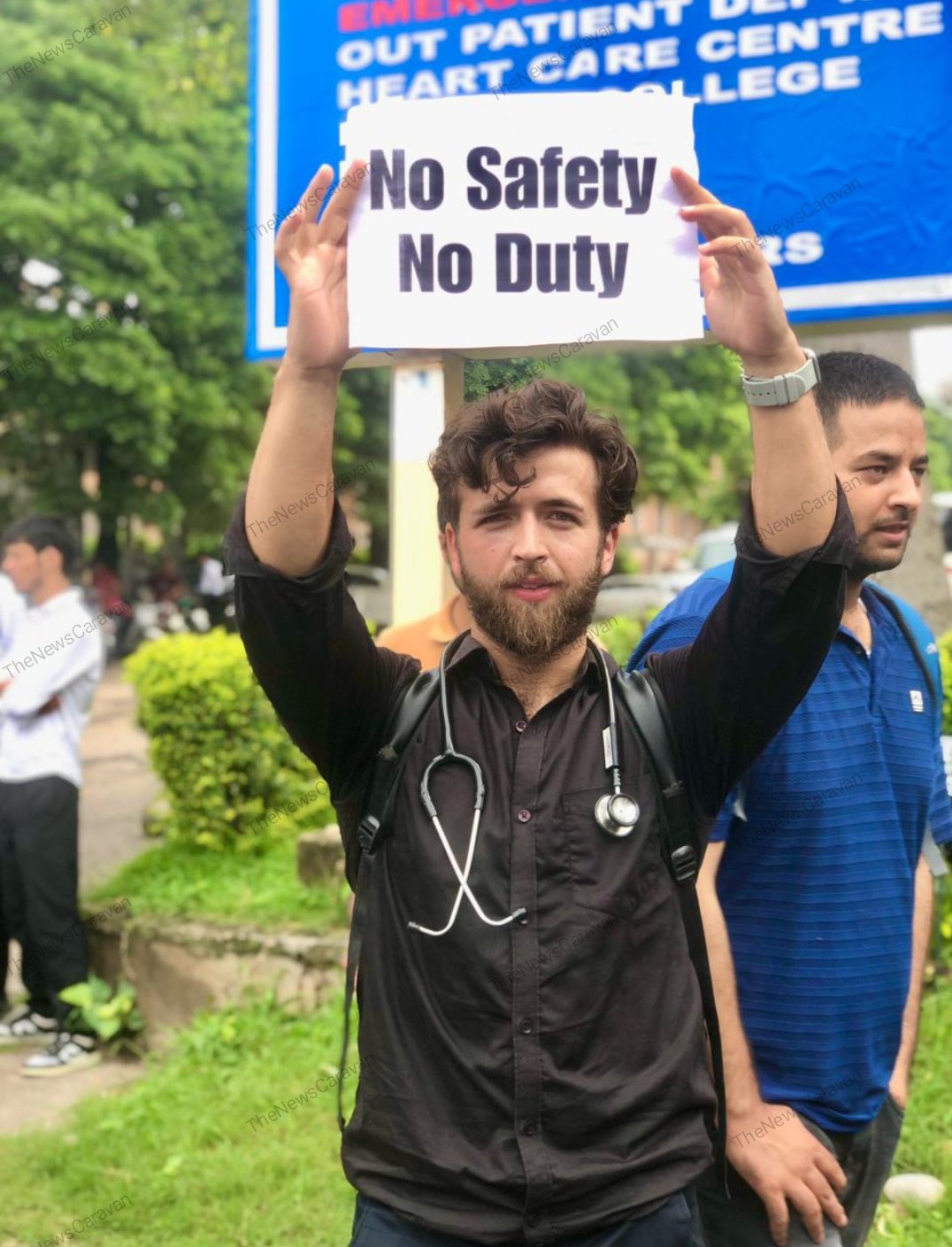[ad_1]

Public health experts routinely say there’s no safe level of lead because even miniscule amounts of the neurotoxin can disrupt development. In 2021, the Centers for Disease Control and Prevention lowered the threshold for when toddlers are considered to have elevated levels of lead in their blood.
A study by Cincinnati Children’s Hospital researchers in 2006 found that exposure to just over 1 microgram per deciliter of lead in the blood can increase a child’s odds of developing attention deficit hyperactivity disorder.
Babies and toddlers are especially vulnerable. Their brains are rapidly developing as they crawl or suck on their hands, behaviors that increase exposure. For that reason, EPA prioritized eliminating lead emissions from cars shortly after the agency was established. A 1975 requirement for cars to be built with catalytic converters to control multiple emissions sounded the death knell for lead, which damages the technology.
From America and Europe to India and China, bans on leaded automobile fuel had gone into effect by the turn of the century. The final U.S. ban in 1996 was a public health success. Since then, the amount of lead in Americans’ blood has fallen more than 96 percent.
But EPA carved out an exception for the high-octane leaded gasoline made for small airplanes. The loophole for aviation gas has meant years of lead poisoning in San Jose and other communities of color near the thousands of small airports in rural pockets across the country.
Safety has been at the center of industry arguments for sticking with leaded gasoline until a 100-octane lead-free fuel is brought to market. Adding lead to gasoline boosts octane levels. That prevents airplane engines from misfiring. A major misfire can rip an engine apart midflight.
The diversity and complexity of the $247 billion U.S. general aviation sector, with its 200,000 aircraft, is part of why it’s hard to regulate. Lead in aviation fuel predates World War II. Many aviation experts credit the resulting turbocharged engine performance with giving Allied planes the upper hand in dogfights against Hitler’s Luftwaffe.
Regardless of age or type, every general aircraft can fly on 100-octane leaded gasoline, also called “avgas.” And that’s reinforced the position long held by the industry that developing a “drop-in” 100-octane, lead-free fuel is preferable to anything else — the silver bullet, and nothing short of it.
“I’m not defending lead in any way. We are all supportive of removing it as quickly as we can,” said Jim Coon, senior vice president of government affairs at the Aircraft Owners and Pilots Association. “But if it were easy, it would have been done by now.”
But there’s little evidence that resolving the lead issue in smaller planes has been a high priority either for the aviation industry or its regulators.
Eliminating any amount of lead emissions could bring significant public health gains at a time when piston-engine aircraft are the largest source of airborne lead in the United States, according to EPA. Public health advocates including the Physicians for Social Responsibility that have petitioned EPA to eliminate sources of lead exposure have pushed the agency to target aviation fuel.
Aviation experts who contributed to a recent report by the National Academies of Sciences, Engineering and Medicine called for a “multi-faceted approach.” It could mean combining lower-octane unleaded fuels with engine modifications for aircraft that typically use higher-octane gas.
Almost three-quarters of general aircraft doesn’t require 100-octane fuel to fly safely. The remaining one-third that flies on the higher-octane fuel accounts for the lion’s share of flying hours — and are responsible for most of the lead pollution.
“What we are urging is don’t wait for the perfect solution to come along,” said Bernard Robertson, a former vice president of engineering at DaimlerChrysler, who sat on the committee that authored the report. “There are all these other things that could be done in the meantime to get us on the road toward getting rid of lead.”
[ad_2]
#kids #poisoned #aviators #escaped #Americas #war #lead
( With inputs from : www.politico.com )










